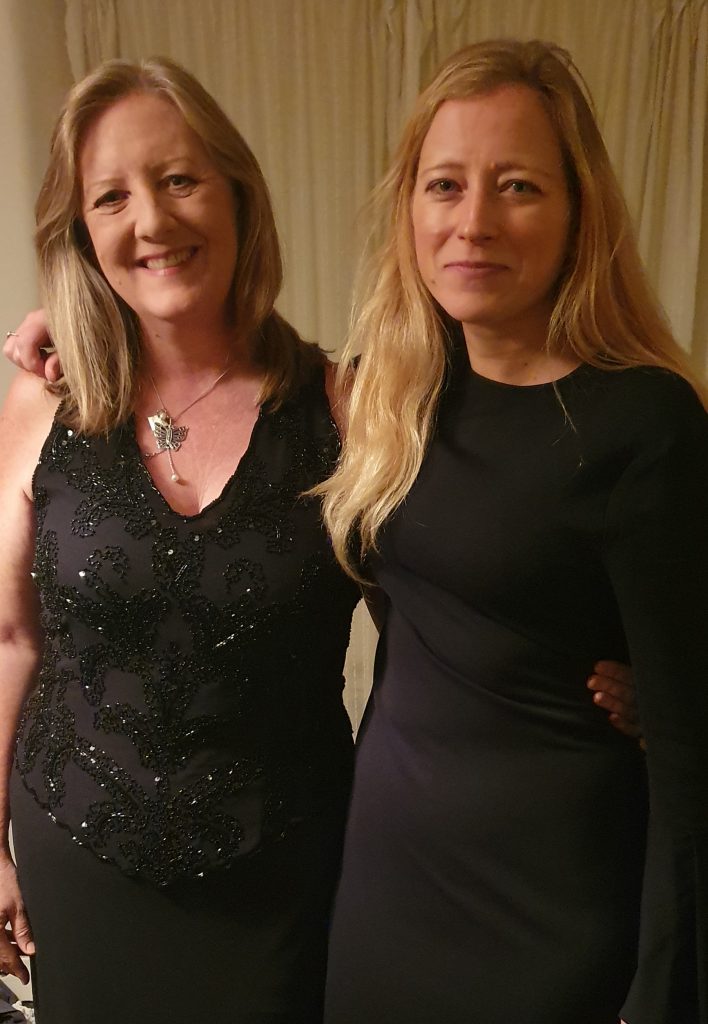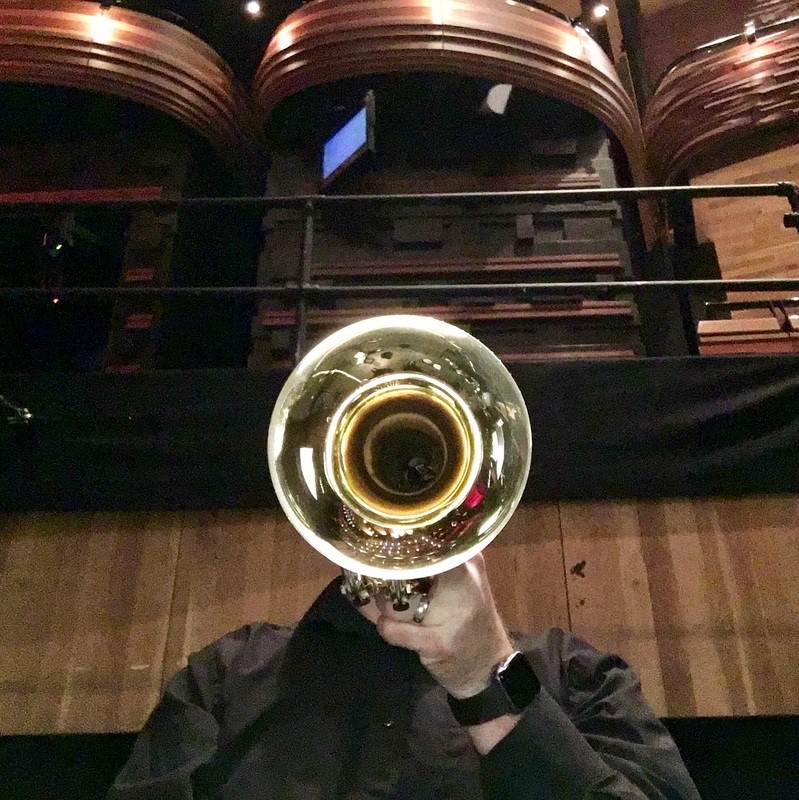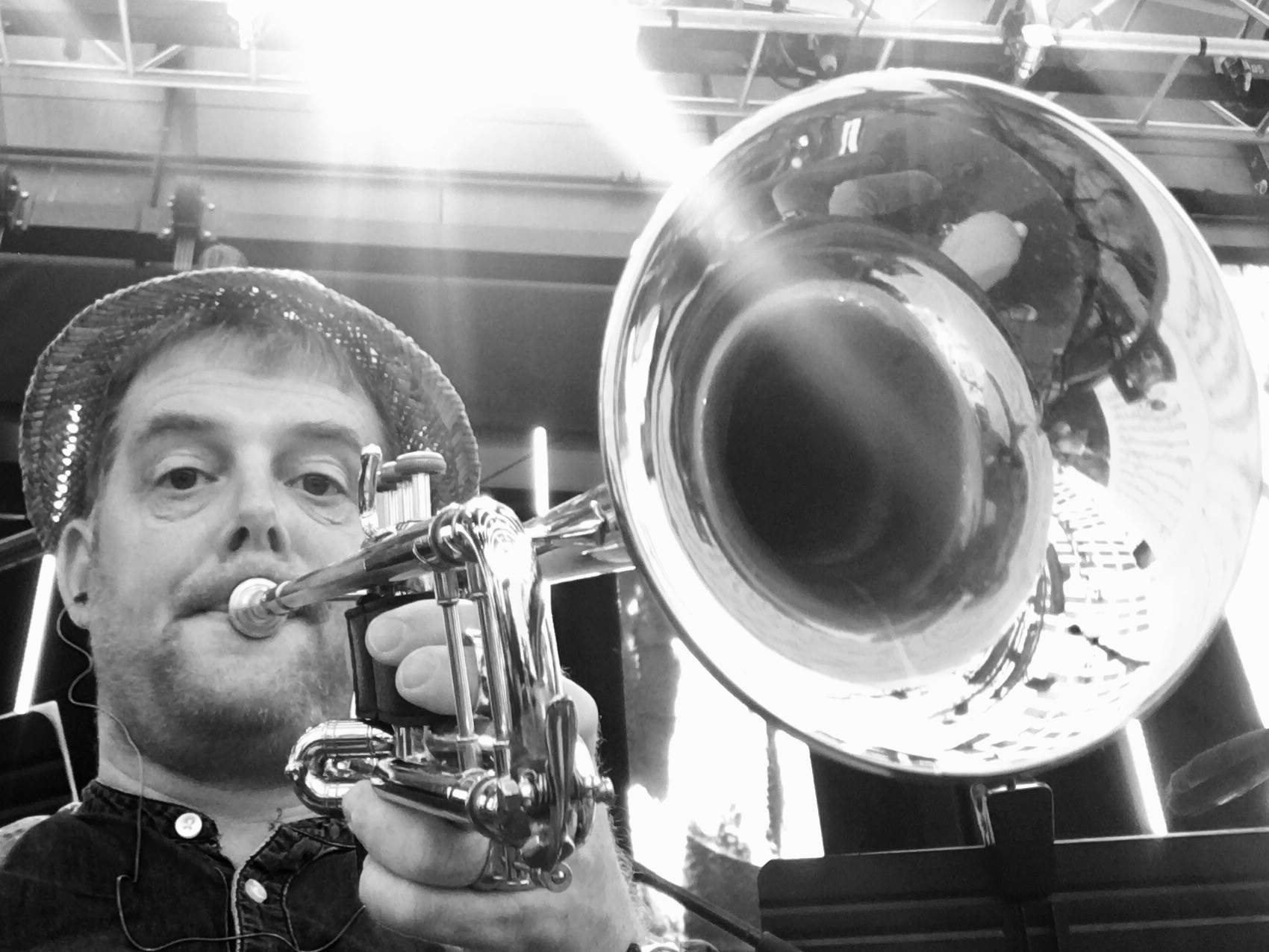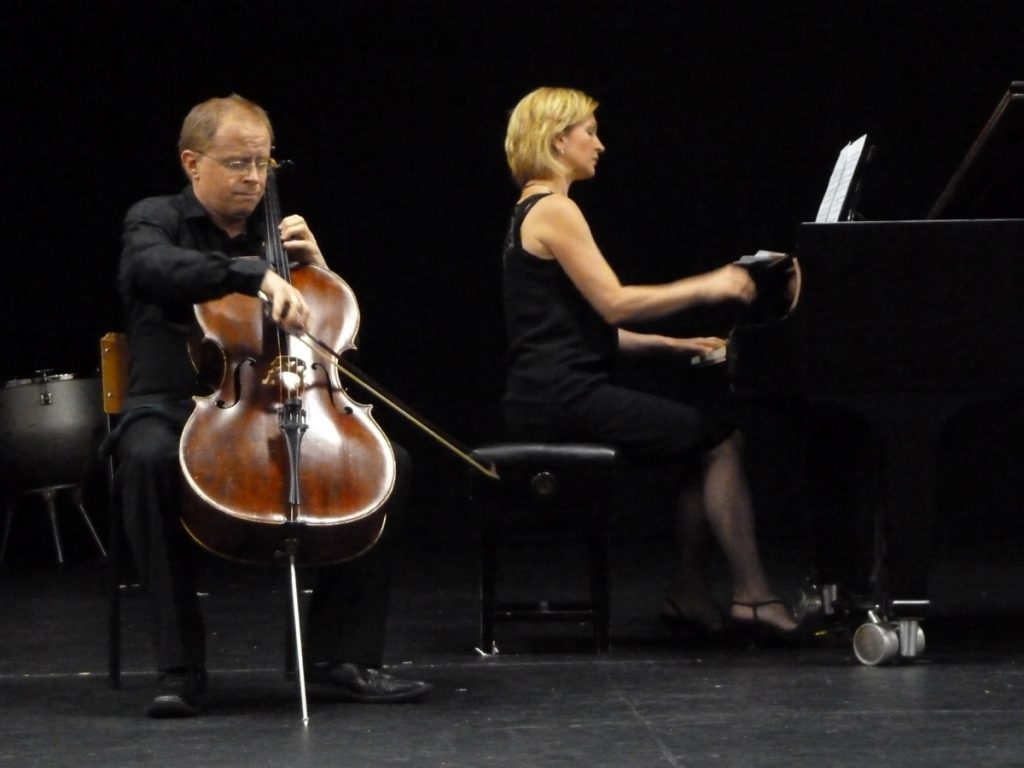A Q&A with Robert Plane
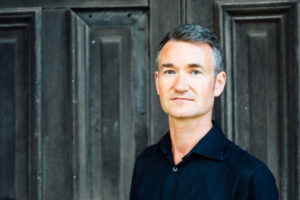 It’s a real privilege to have clarinettist Robert Plane, renowned soloist and recording artist, join us for our anniversary concert. His recording of Finzi’s clarinet concerto won Classic CD Magazine’s ‘Best Concerto Recording’ Award and was selected as BBC Radio 3’s recommended version in ‘Building a Library‘. Find out what got him hooked on the clarinet, why he loves Finzi’s concerto and what you should listen out for, and his best experiences as a soloist.
It’s a real privilege to have clarinettist Robert Plane, renowned soloist and recording artist, join us for our anniversary concert. His recording of Finzi’s clarinet concerto won Classic CD Magazine’s ‘Best Concerto Recording’ Award and was selected as BBC Radio 3’s recommended version in ‘Building a Library‘. Find out what got him hooked on the clarinet, why he loves Finzi’s concerto and what you should listen out for, and his best experiences as a soloist.
Q: What made you chose the clarinet?
The clarinet was really a natural progression from playing the recorder at school. Very early on in my studies the clarinet legend Jack Brymer came to my home town of Great Yarmouth to perform the Mozart Clarinet Concerto with the London Mozart Players, and from that evening on I was hooked. The concert was held in the Great Yarmouth Hippodrome, where the summer season circus had not long finished and where the elephants that had been performing, unbelievable though that seems today, could still be smelt! Brymer must have thought it was the worst gig in the world!
Q: If you could play any other instrument what would it be?
I think there’s something of a frustrated string player in me, largely because of the amazing repertoire they enjoy (although the clarinet is blessed with the finest repertoire of all the wind instruments by far!). It would probably be the cello, the resonance of low frequencies makes for an amazing physical experience. I’ve given a run of performances of the York Bowen bass clarinet quintet recently, an instrument I don’t get to play very often, and it’s been a revelation.
Q: What is your favourite piece of music?
That’s the most difficult question to ask a musician! Can’t narrow it down to one piece, but the Sibelius Symphonies and almost anything by Ravel would be strong contenders.
Q: Finzi Clarinet Concerto: why is it special to you and what should people listen out for?
The Finzi Concerto was the first piece I took to my inspirational teacher, Thea King, when I was 18. I had already developed a love of English music but studying with Thea, who was such an authority on this repertoire, really helped this passion blossom. Thea was the widow of Frederick Thurston, for whom the Finzi concerto was written, and I vividly remember her showing me the original clarinet part used by Thurston with all his markings. I’ve always loved that sense of tradition in this repertoire. I had the opportunity to record this Concerto very early on in my career (over 20 years ago!) which in itself made it special. It is an emotionally complex work, periods of great intensity and anguish sitting alongside passages of great radiance and exquisite beauty. The last movement has a delightful Englishness. Finzi lived in Wiltshire from 1933-39, where he composed his first major work, Dies Natalis. He was hugely influenced by the country side that surrounded him so I’m sure the North Wiltshire Orchestra audience will relate to this music very easily!
Q: What is the hardest piece you’ve ever played?
In terms of technical challenge possibly the concerto I commissioned from Piers Hellawell, which has a fiendish closing section which took hours and hours of practice. Composers often ask their performers if they need to change anything in a new piece to make it more playable, but I always decline. When I commission a new piece I want it to feel impossible in the early stages of learning!
Q: Best concert experience as a soloist?
Making my solo debut at the BBC Proms in 2011 must be up there. This was in another commission, a double concerto by Simon Holt. The Albert Hall is such a vast space and the atmosphere is electric. Playing the Mozart Concerto in Beijing was also exciting. I knew that the performance was being relayed in the city on big screens and on TV, but it was only later I found out that it was watched by 6 million people!
Q: What music do you like to listen to, apart from classical music?
I have to confess that I almost exclusively listen to classical music. It is so rich and diverse that I haven’t felt the need to cast the net wider as yet. I tend to listen to the spoken word on radio and would never put on music to ‘relax’.
Q: What’s the best piece of advice you’ve received in your career?
Practice it until it can’t go wrong.
Q: What is your advice to someone looking to make a career in music?
In terms of becoming a performing musician, only pursue it if you simply couldn’t contemplate being happy doing anything else. Be open minded to the many aspects of the profession and aim for a balance of different kinds of work. Variety and new stimulation are the life blood of a successful performer. Be prepared to work hard to sell yourself and your talents. Only in exceptional cases do the promoters come running to you!

